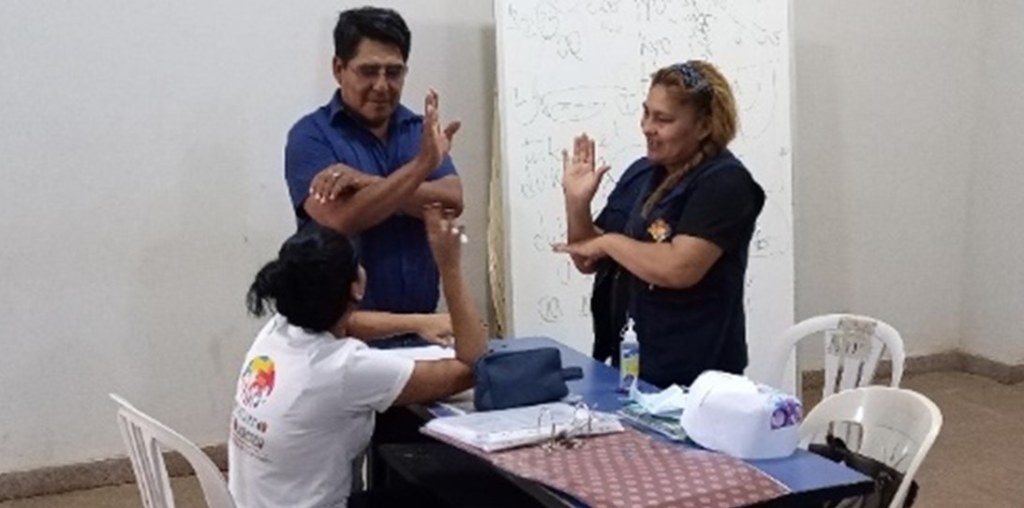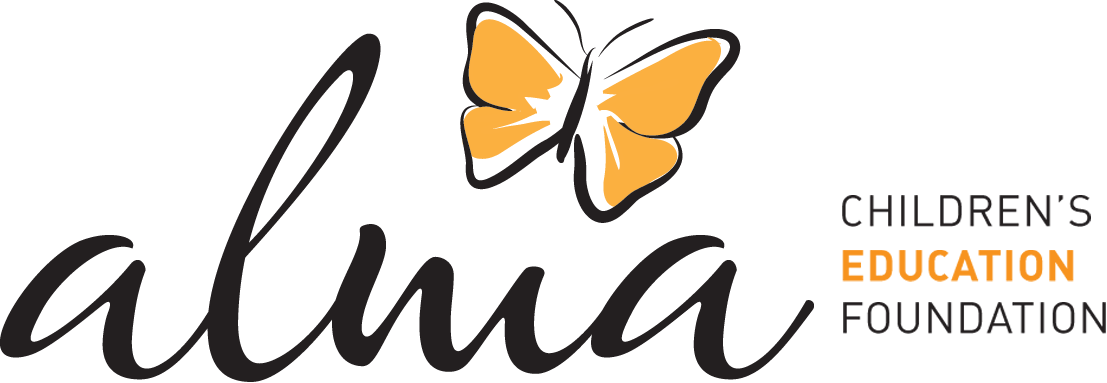
Bolivian Sign Language translator teachers – Superior Teacher Training School “Clara Parada de Pinto” – Trinidad 2023
the last days of July and the beginning of August we started with training workshops aimed at students of the ESFM Teacher Training School “Clara Parada de Pinto” in Trinidad and its Multi-Ethnic Academic Unit “Lorenza Congo” in San Ignacio de Moxos.
Reviewing the lists of teachers who completed the training we gave in the first semester of the year, I realized that there were 4 teachers whose registered specialty was Bolivian Sign Language translation, as this is not a specialty, that is, a career. Rather, it is a transversal training unit for all specialties. The role that these teachers could have with the students caught my attention.
I was left with that doubt for a few more days, until we developed the first training workshops with the students in Trinidad and we required the support of these teachers. During these workshops I realized that we had students in the group who had hearing difficulties. At the end of the classes, I was able to personally meet both Gabriel, Dina, Selmir and María, the four students who have severe hearing difficulties and who are the most thankful for the assistance of the four Bolivian Sign Language teachers that are in the classrooms to translate the classes; since these guarantee them to have the possibility of accessing information and training in a timely manner in the ESFM classrooms.
At the end of the workshop, I began to think about how important this work is, not only for the four students who need this support to learn, but also to motivate the learning of the Bolivian sign language in the other students, since all of them will soon be classroom teachers. and they will surely have students with these difficulties; therefore, being aware of them and being prepared to support the children or adolescents who will be their future students is vital.
Thus, seeing how we at Alma required the additional support of these teachers to communicate better with the four ESFM students, I began to think that this is also something that we, Alma educators, must work on not only to learn to communicate in a more inclusive way with the student population, but also to work on proposals that students and teachers can apply in their classrooms, under a special education and educational inclusion approach; and it is that perhaps this is a challenge that the Alma Foundation can address in the future.
By:
Hernan Molina Amblo
ESFM Beni Consultant
